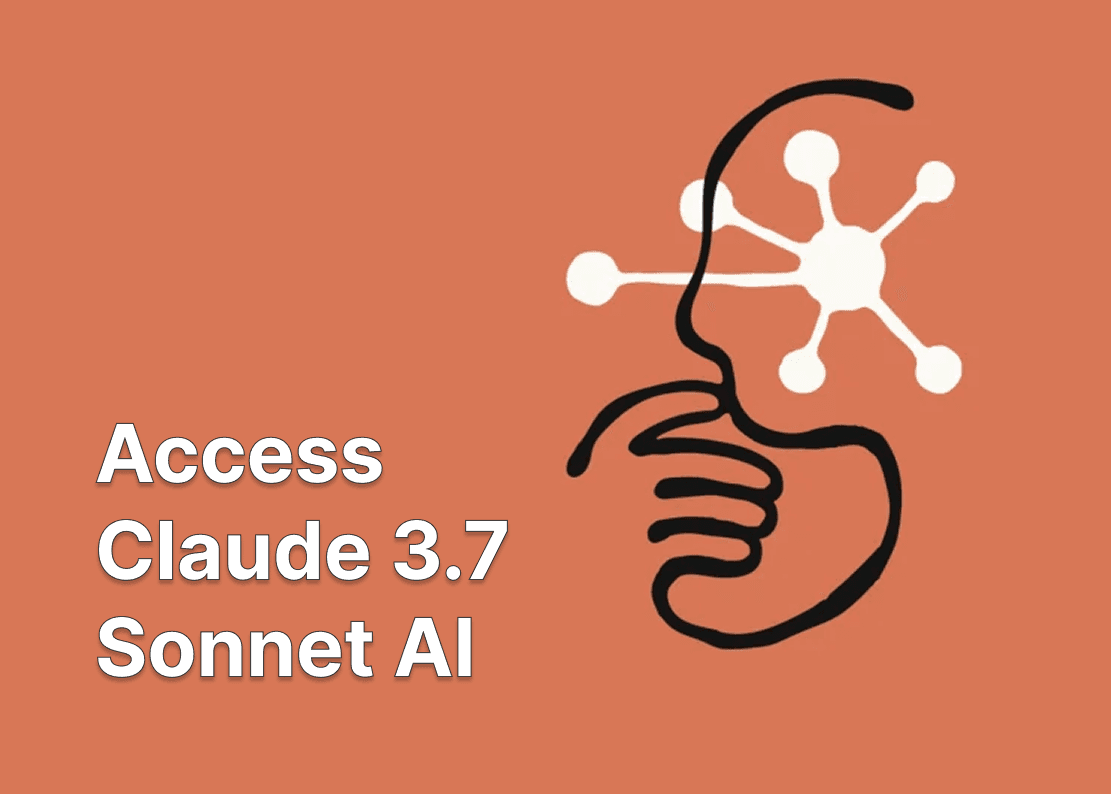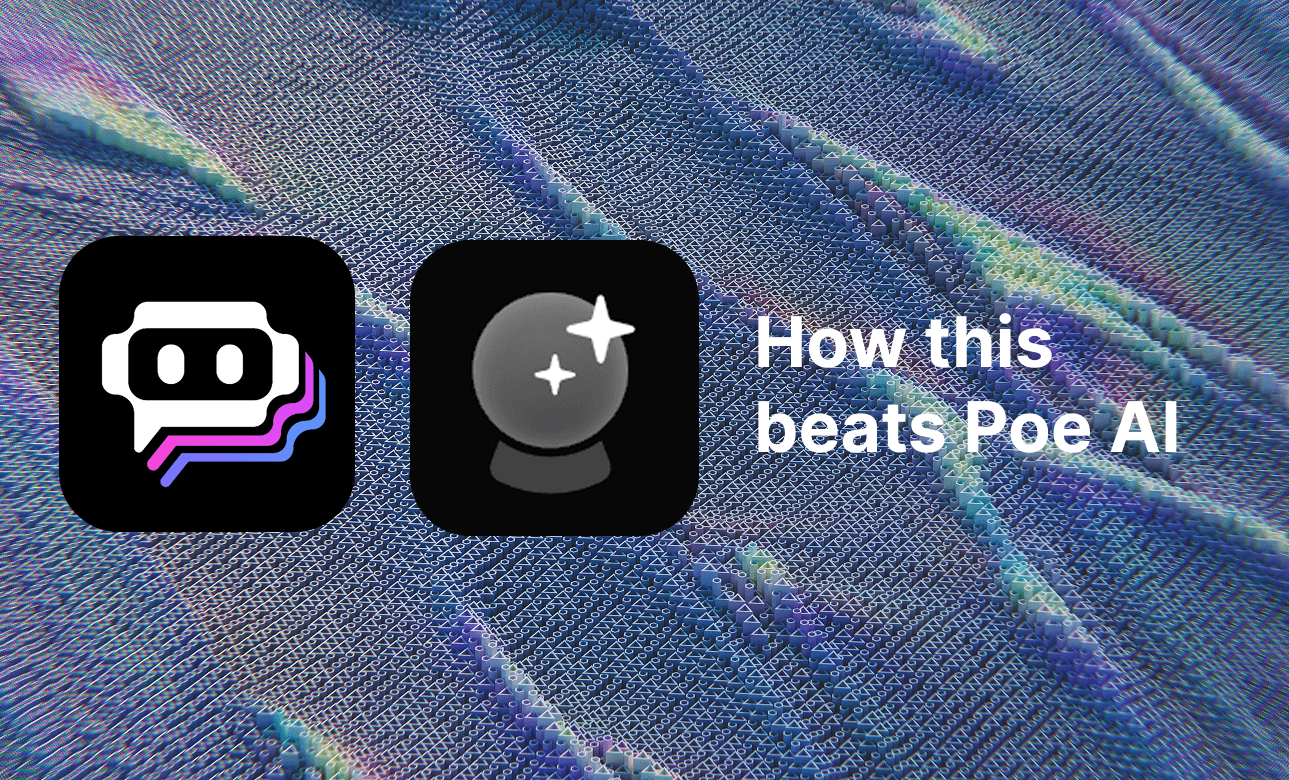Jun 11, 2024
AI revolutionizes healthcare diagnostics with improved accuracy, speed, and efficiency. As its role in healthcare grows, it is important to understand how does it change diagnosis.
AI has rapidly advanced in recent years. It has greatly impacted many fields, including healthcare. One of the most promising applications of AI is in medical diagnosis. AI technologies can improve diagnosis accuracy. They cut costs and speed up diagnosis. This ultimately betters patient care and outcomes.
The Evolution of AI in Healthcare
AI in healthcare is not new at all and has been used for years. But, ML and data processing have recently advanced. This has increased their use in medical diagnostics. Early applications focused on automating routine tasks, but today's AI systems can analyze complex medical data. This data includes images and genetic information, and it helps diagnose diseases – for medical institutions, doctors, and, sometimes, on an individual level.
How AI Improves Diagnostic Accuracy
AI can process lots of data fast and accurately. This ability is transforming medical diagnostics. Algorithms can find patterns and anomalies in medical images. These include X-rays, MRIs, and CT scans. Human eyes might miss them. - Google Health). For example, AI systems can find lung nodules in chest X-rays with high precision. This helps in the early detection of lung cancer (Mya Care).
Enhancing Medical Imaging
Medical imaging has benefited immensely from AI. Techniques like image enhancement and reconstruction enable clearer and more accurate images. AI-powered tools can fix image distortions. These distortions are caused by patient movement during MRI scans. They greatly cut scanning time and improve image quality (Mya Care). AI also excels at finding and marking areas in medical images. These areas can be tumors or other problems. They provide crucial information for accurate diagnosis (Mya Care).
AI in Laboratory Diagnostics
AI is revolutionizing clinical lab testing. Generally, it is improving the speed and accuracy of tests. AI systems can analyze genomic data and other complex biology to detect microorganisms. They can also diagnose diseases, and get better at it each month. For example, AI has been used well in finding malaria-infected cells. In this andother cases, those technologies provide a fast and cheap way to diagnose the disease.
AI and Electronic Health Records (EHRs)
AI improves the use of electronic health records. It does this by getting insights from unstructured data. NLP techniques allow AI to analyze clinical notes and patient history. They also analyze other text-based information and help healthcare providers make informed decisions as well. AI can spot patterns in patient data of any given time. These patterns might show hidden health issues. They help doctors diagnose conditions better and faster.
Real-Time Decision Support
AI can provide real-time decision support. This ability is a game-changer in emergency and critical care settings. AI algorithms can analyze patient data to prioritize cases by urgency. This reduces waiting times and improves patient flow in emergency departments (MDPI). AI-powered decision support systems offer real-time tips to healthcare providers. The tips help them make timely and accurate treatment decisions (BioMed Central).
The Future of AI in Medical Diagnosis
The future of AI in medical diagnosis looks bright, and ongoing research aims to expand its uses. AI technologies are being developed to diagnose more diseases. These include cardiovascular diseases, diabetes, and neurological disorders (Mya Care). AI systems will keep learning and evolving. Their diagnostic accuracy and speed will only get better. This will lead to better patient outcomes.
Ethical and Practical Considerations
The benefits of AI in medical diagnosis are big. But, we must address ethical and practical concerns. Ensuring patient data privacy and security is crucial. AI systems need access to sensitive medical information. Also, AI must be carefully integrated into clinical practice. It should complement, not replace, human expertise, as stated by Google Health.
Conclusion
AI is changing medical diagnosis. It provides tools that improve accuracy, cut costs, and speed up diagnosis. It can improve medical imaging. It can analyze complex lab data and aid real-time decision-making. The potential of AI in healthcare is vast and, to some extent, unexplored. As technology advances, AI will keep playing a crucial role. It will improve diagnosis and this will lead to better healthcare for patients worldwide.






